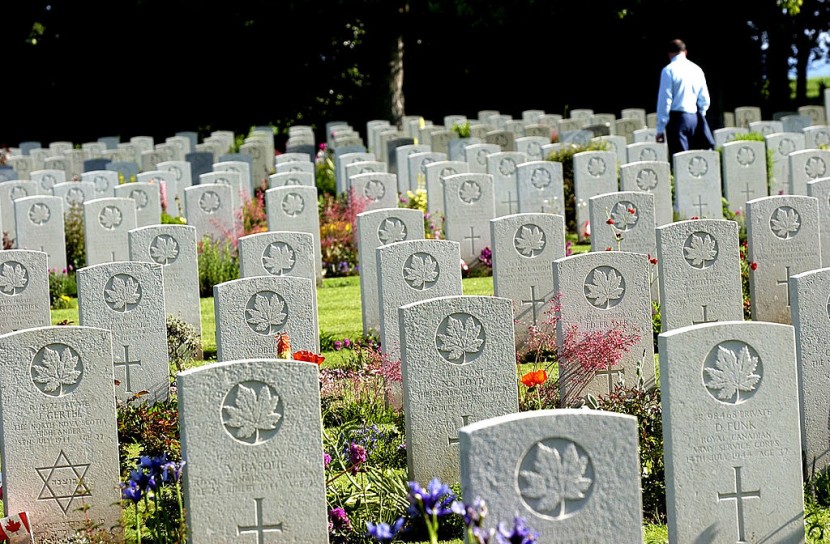
Canada's Cowessess First Nation claims it has found hundreds of unmarked graves at a former residential school. The discovery confronts one of the darkest chapters of Canada's history.
According to a statement released Wednesday by the Federation of Sovereign Indigenous Nations, which represents 74 First Nations in the province, the Cowessess First Nation discovered the remains at the site of the former Marieval Indian Residential School. Ir is located in the southeastern part of the prairie province of Saskatchewan.
The latest unmarked graves discovery was the most significant incident
There was no information on how many graves were found, but the discovery appeared to be the most significant event to date in Canada. The unmarked graves may surpass the 215 indigenous children discovered on the grounds of British Columbia last month.
The discovery of the remains of 215 indigenous children weeks ago in Kamloops of British Columbia compelled Canadians to deal with the legacy of a system of abuse and assimilation through residential schools for indigenous children. Between 1831 and 1996, nearly 150,000 indigenous children were forcefully separated from their families as mandated by the residential school system in Canada.
In what the Truth and Reconciliation Commission of the nation dubbed "cultural genocide" in 2015, the indigenous children were starved and physically and sexually assaulted. Survivors who talked to Reuters recounted their constant starvation and awful loneliness.
The finding triggered demands on some of the 150 former residential schools throughout Canada to seek additional undiscovered graves. For more than a century, Canada has had a residential school system with approximately 150,000 indigenous children taken from their families.
Read Also: Boris Johnson Faces Fury Over Postponed Meeting to Fix Social Care System
Data reveals thousands of children died in Canada due to human rights abuses
The practice of transferring indigenous children to boarding schools, frequently by force or compulsion, where they were compelled to lose their culture and language, constituted cultural genocide, according to a 2015 report by Canada's Truth and Reconciliation Commission. A revised data from the Commission's report showed an estimated 4,100 children died of disease or accident while in the system, although some indigenous leaders believe the number might be higher, as per The Wall Street Journal.
Murray Sinclair, an indigenous former judge and senator who led the panel, has estimated that the entire death toll may be in the region of 15,000 to 25,000 people, based on the number of bones discovered in Kamloops.
Meanwhile, First Nations students were forced to attend state-funded Christian schools from the 19th century until the 1970s as part of a campaign to integrate them into Canadian culture. They were coerced to convert to Christianity and were forbidden from speaking their languages, ABC News reported.
Many people were assaulted and verbally insulted, and up to 6,000 individuals are said to have died from the said abuse. In 2008, the Canadian government apologized to Parliament for the widespread physical and sexual abuse in schools.
Many students report being assaulted for speaking their native languages, which resulted in losing contact with their parents and cultural traditions. The root cause of epidemic rates of drug and alcohol addiction on reservations is a heritage of abuse and isolation, according to indigenous leaders.
Related Article: Trudeau Dares China for a Public Probe Over Uyghur Mistreatment as Beijing Attacks Canada's Human Rights Record
@YouTube








